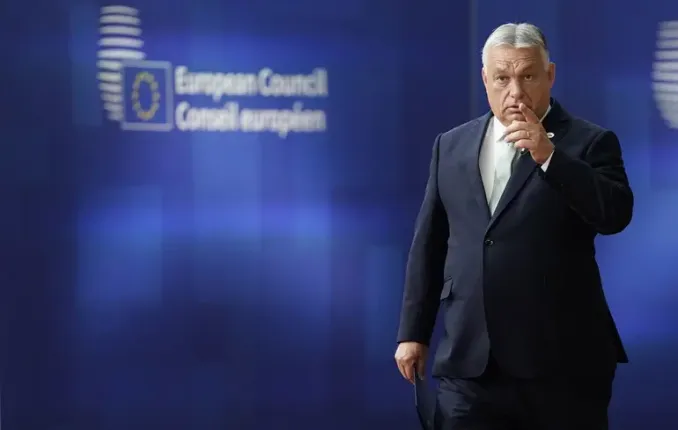Voice of the People or Manipulation? Analyzing Orban’s Survey on Ukraine’s EU Accession

Hungary has once again become the focus of international attention due to a government-conducted survey that its authorities claim reflects the will of the people regarding Ukraine’s potential accession to the European Union. However, many experts and opposition politicians see this initiative more as a political tool than an accurate measure of public opinion. The survey, titled VOKS2025, conducted at the end of spring and early summer 2025, attracted significant interest due to its scale — involving over two million citizens, which accounts for less than 10% of the population. Officially, the results indicated that 95% of respondents oppose Ukraine’s accession to the EU. Critics, however, quickly dismissed these figures as grossly inflated, pointing out the low participation rate, lack of independent observers, and transparency issues in counting the votes. The questions were designed to evoke negative responses towards Ukraine’s membership, and the government distributed materials emphasizing alleged threats such as financial risks, increased crime, and social destabilization. These tactics serve to justify Hungary’s blockade of Ukraine’s EU accession negotiations and bolster anti-Ukrainian rhetoric domestically. The opposition, notably the “Tisa” party, presented alternative data suggesting that 58% of Hungarians support Ukraine’s EU membership, casting doubt on the legitimacy of the government’s polling results. The opacity of the process, potential for multiple online votes from different accounts, and low participation undermine the credibility of any findings. Politically, Budapest’s stance on Ukraine is much more an instrument of internal maneuvering than genuine public support, especially as Hungary continues to block the opening of accession negotiation clusters. With upcoming parliamentary elections scheduled for spring 2026, Prime Minister Orbán increasingly uses Ukrainian membership as a political lever to mobilize his electorate. Despite mounting internal resistance, most EU countries maintain solidarity with Ukraine’s European integration ambitions. Still, Hungary’s frequent vetoes cause ongoing debates within Brussels, and measures such as temporary suspension of Hungary’s voting rights or economic concessions could be in play. Notably, Hungary only agreed to unblock Ukraine’s EU accession negotiations in 2023 after the European Commission released 10 billion euros frozen due to corruption issues and rule-of-law concerns. Moving forward, Ukraine’s EU prospects will remain a contentious issue, influenced by Orbán’s political calculations and the broader geopolitical game. Overall, while the survey results are questionable, they underscore Hungary’s strategic use of internal narratives to influence EU policies and delay Ukraine’s integration process.

